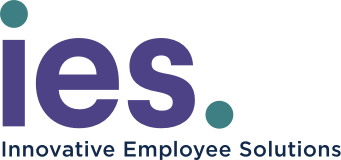Global companies' HR services are making their employee mobility programs more accessible and more attractive, according to PricewaterhouseCoopers' "Global Mobility Policies" surveys.
PwC has surveyed nearly 1,000 companies from a variety of industries and company sizes since 1992. This year's survey found respondents are adopting new, non-traditional methods of promoting workforce mobility. These methods include frequent business travel and short-term assignments rather than long-term projects. Many of these programs are reaching more than 10 percent of employees, while traditional ones only impact about 1 percent.
The innovation in mobility programs reflects companies' reaction to changing demographics and technology in the workplace, in addition to a globalizing economy.
"In today's highly competitive global marketplace, the structure and appropriateness of global mobility policies can significantly impact your organization's workforce," said PwC partner Eileen Mullaney. She suggests companies offer multiple mobility options to best suit employee needs and interests.
According to PwC, 71 percent of companies offer extended business travel policies, up from 30 percent in 2002. Meanwhile, 46 percent of companies surveyed offer permanent transfer policies, compared to 29 percent 10 years ago. Other significant boosts in company offerings include more graduate training programs and localization and commuter policies.
Many companies' HR administration take into consideration younger employees desire for international work opportunities and the need for early leadership development.






